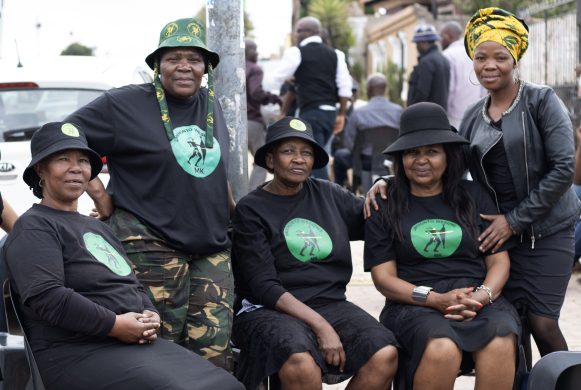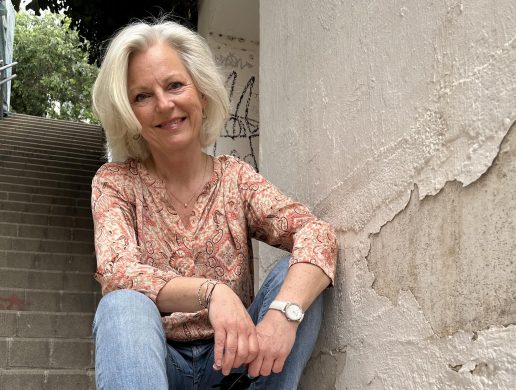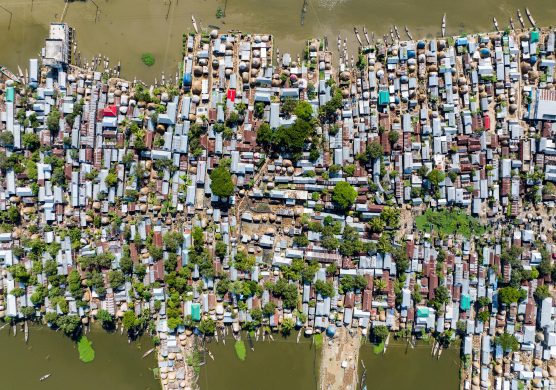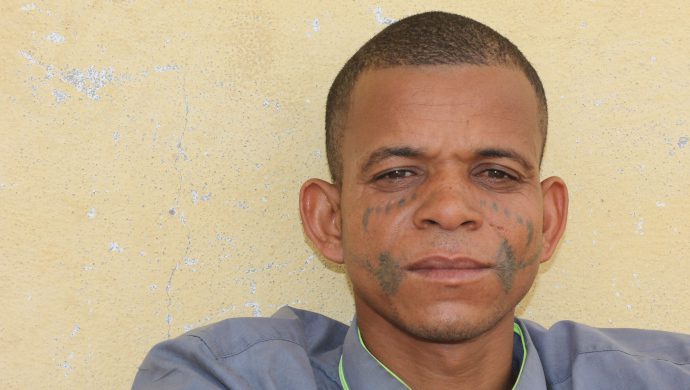FNs Handels- og Udviklingsorganisation, UNCTAD, offentliggjorde tirsdag den første af en serie rapporter, der lægger op til den internationale konference ”Earth Summit” eller ”Rio plus 20”, der løber af stabelen i 2012.
GENEVA, 1 March 2011: UNCTAD has published the first in a series of volumes focusing on issues pertinent to “green” economic growth – a low-carbon, resource-efficient approach to development intended to raise living standards in sustainable fashion while combating climate change and conserving biodiversity.
The intent is to give practical expression to the concept of sustainable development adopted at the 1992 Earth Summit in Rio de Janeiro.
“The Road to Rio +20” features 14 articles and is intended to highlight critical topics and focus global discussion in advance of the 2012 United Nations Conference on Sustainable Development.
The Rio +20 summit has as its main theme “the green economy in the context of sustainable development and poverty eradication” It also will focus on the institutional framework for sustainable development at the international and national levels.
The Road to Rio +20 includes lead articles by Jeffrey Sachs, Director of the Earth Institute, Special Advisor to the United Nations Secretary-General, and Professor of Health Policy and Management at Columbia University in New York; Herman Daly, ecological economist and Professor Emeritus of the University of Maryland; and Melinda Kimble, Senior Vice President and Head of the United Nations Foundation´s International Bioenergy and Sustainability Initiatives.
The book´s final chapter features 3 articles on efforts to carry out green economic growth in Morocco. Each future volume will have a chapter focusing on the programmes and policies of a specific economy.
Prof. Sachs´s article is adapted from 14th Raul Prebisch Lecture delivered at UNCTAD´s Geneva headquarters on 15 September 2009 and states that environmentally sustainable economic growth is the primary challenge now facing humanity, as current production and consumption have created “a dire and growing crisis.. . Our world is literally unsustainable in all scales and dimensions.”
It concludes, “We need a strategy. We actually need a plan. Not a rigid, central plan, but a plan, an indicative plan. We need a public investment profile and a timetable. And without that, we won´t get the robust investments we need to sustain even the macro-economy. We certainly won´t be able to solve the problems of the poorest of the poor.”
In the run-up to Rio +20, UNCTAD has been cooperating closely with other international agencies, including the United Nations Department Economic and Social Affairs, and (through the United Nations´ Executive Committee on Economic and Social Affairs) the United Nations Environment Programme (UNEP), the United Nations Development Programme (UNDP), the United Nations regional commissions, the World Trade Organization (WTO) and the International Trade Centre (ITC).
On 23-24 June, UNCTAD will convene a public symposium on the topics “How to make the transition to a green economy fair and equitable” and “Financial and monetary reforms for sustainable development: global and regional initiatives.” The aim is to hear comments and ideas from non-governmental organizations, citizens´ groups, business associations, and other representatives of civil society.
The organization is carrying out an analysis of steps taken by governments in the fields of trade, investment, and development that have successfully spurred green economic growth. The results of this analysis and recommendations for future action will be presented at the Rio +20 conference.
In addition, UNCTAD plans to convene later in the year an ad hoc expert meeting on how advancement of the green economy will affect trade and sustainable development. That meeting will focus on inputs to the concluding document that will issue from the Rio conference.














